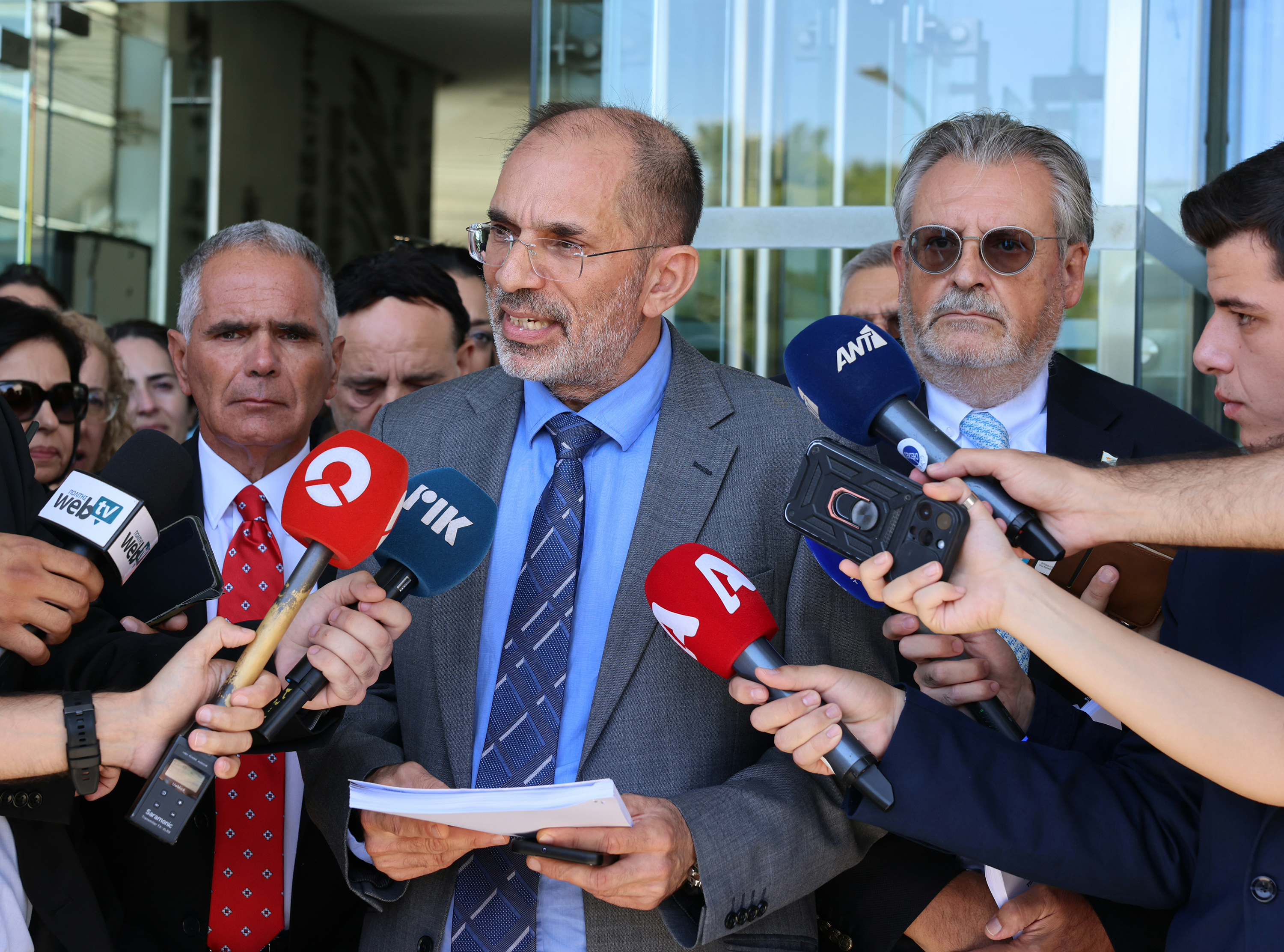Former auditor-general Odysseas Michaelides’ pension will be paid “in the coming days”, accountant-general Andreas Antoniades said on Friday.
He said the legal service had told him that the payment of a pension to Michaelides “could not be justified” based on existing pension legislation, as the law lists a set of cases in which a pension is paid out to public servants, and this does not include when they are sacked.
However, as attorney-general George Savvides explained to the Cyprus Mail, under normal circumstances, when a civil servant is sacked by the public service commission, their spouses to receive the spousal pension they would have otherwise received if the civil servant had died in office.
This is written into the public service law, and this procedure was upheld by the European Court of Human Rights (ECtHR), which ruled in the Philippou v Cyprus case in 2016 that this payment was proportionate.
“Under normal circumstances, when a civil servant breaks the law, the public service commission offers them the chance to resign or be sacked. If they resign, they get a pension. If they are sacked, there is a proviso in the law to allow their spouse or their child to be paid a widow’s pension, so they do not lose all their rights,” Savvides said.
“This is an artificial proviso to ensure that they do not end up with nothing, and it has been tested at the ECtHR. It exists so that after being sacked, a civil servant does not stop being paid altogether, because their spouse is being paid. It is proportional because they had the chance to argue their case, and they do not end up with nothing,” he added.
This proviso does not extend to the auditor-general, however, who was set to fall through the crack between the law regarding pensions and the public service law, forfeiting his pension as a result of being dismissed by the Supreme Constitutional Court, and because his position is not covered by the public service law for a spousal pension.
Savvides said this “would be disproportionate, as it would be a total deprivation, and it would be disproportionate in view of the ECtHR case as well”.
“Because of this, I recommended that Michaelides be paid his own pension in full, to ensure that in the absence of a mitigating provision such as that which exists for ordinary civil servants in the public service law, he is not deprived of his rights,” he added.
Were Michaelides to have received nothing, he said, “this would disrupt the reasonable balance which must be maintained”.
He also said that in addition to the special dispensation given to Michaelides for his pension, he had also made two recommendations to the government to make amendments to the relevant laws to ensure that should cases similar to that of Michaelides arise in future, they do not also fall through the cracks.
The first recommended amendment would be to include spouses and children into the pensions law, thus ensuring that “all people covered by that law, including the auditor-general and the attorney-general, are covered for cases such as this”.
The second is what he described as a “condition of entry”, which would allow a court when dismissing a high-level civil servant to “decide to how much the individual is entitled” as a post-sacking pension.
Antoniades said the accountant-general’s office “fully supports the recommendation of the state’s legal advisor, who is responsible for providing the necessary legal guidance”, and that as such, payment of Michaelides’ pension would be “completed in the coming days”.
Savvides’ intervention to ensure Michaelides receives a pension comes after Michaelides had written to Antoniades last month saying the government was “illegally withholding” his pension and other financial benefits he believes he is due on account of his time spent in the public sector.
He said both Savvides and the government had engaged in a “war of extermination against him”, and claimed that he is due to be paid both a pension and a lump sum corresponding to 26 years of service between September 9, 1998, and September 18 this year when he was relieved of his duties.
In addition, he said he is due to be compensated for an accrued 75 days’ worth of untaken annual leave and his 13th salary, based on precedent set by former attorney-general Petros Clerides when judge Costas Kamenos was also sacked for inappropriate conduct in 2006.
“It is obvious that both the government and [Savvides] are continuing this war of extermination against me, this time by seizing my assets,” he said, going on to describe the series of events as “unprecedented”.
Michaelides was removed from office by the Supreme Constitutional in September, with an eight-judge panel unanimously ruling that he had conducted himself inappropriately, and that he was thus unfit to carry out the office’s duties.
The court’s verdict was 209 pages long and scathing, with Michaelides having been found to have repeatedly sought to undermine Savvides’ legal opinions, often writing his own interpretations which contradicted those of the attorney-general.
It was written in the decision that Michaelides “did not limit himself to the role of the whistleblower to the independent anti-corruption authority but reserved for himself the role of a judge after proceeding to draw conclusions on his statements and submissions.”






Click here to change your cookie preferences